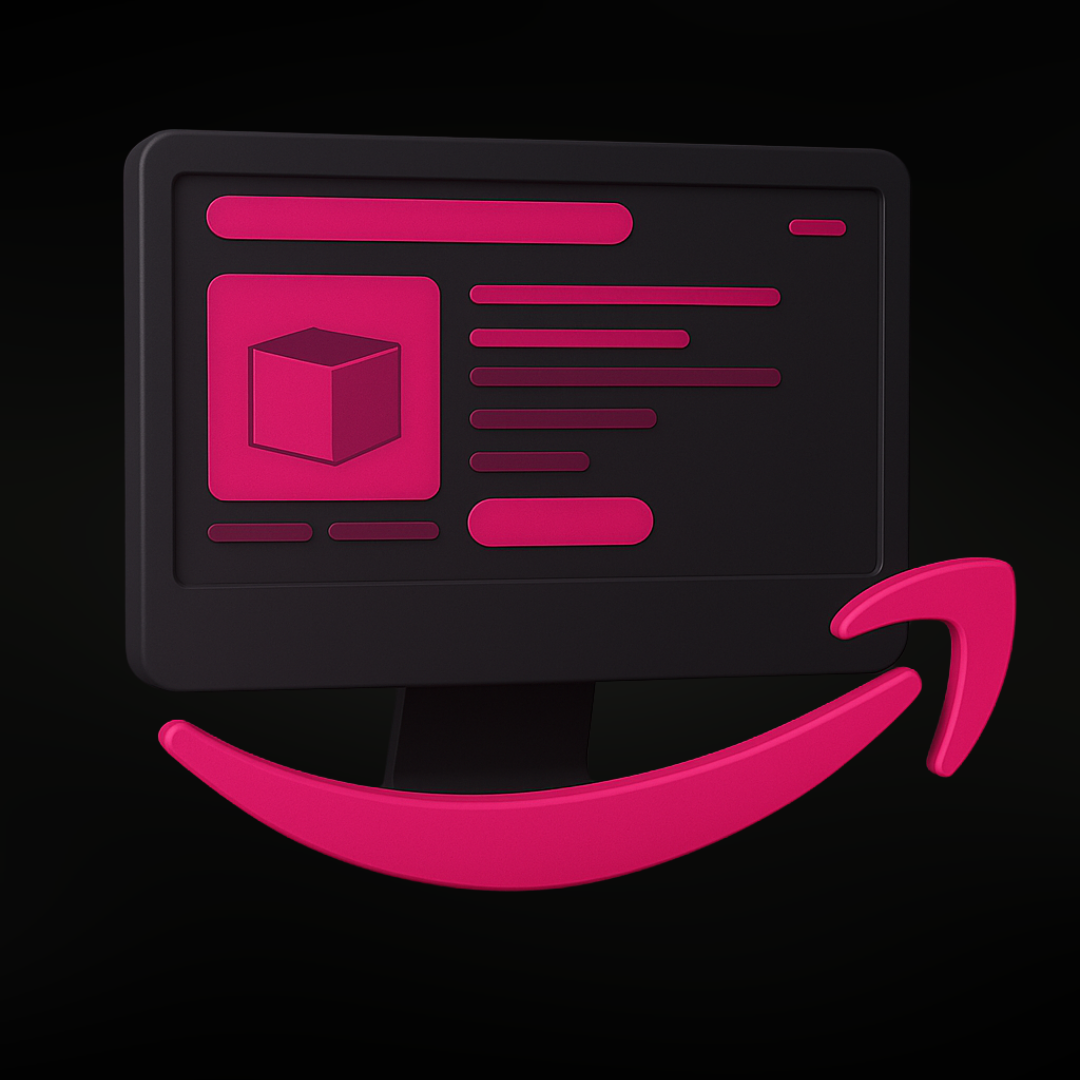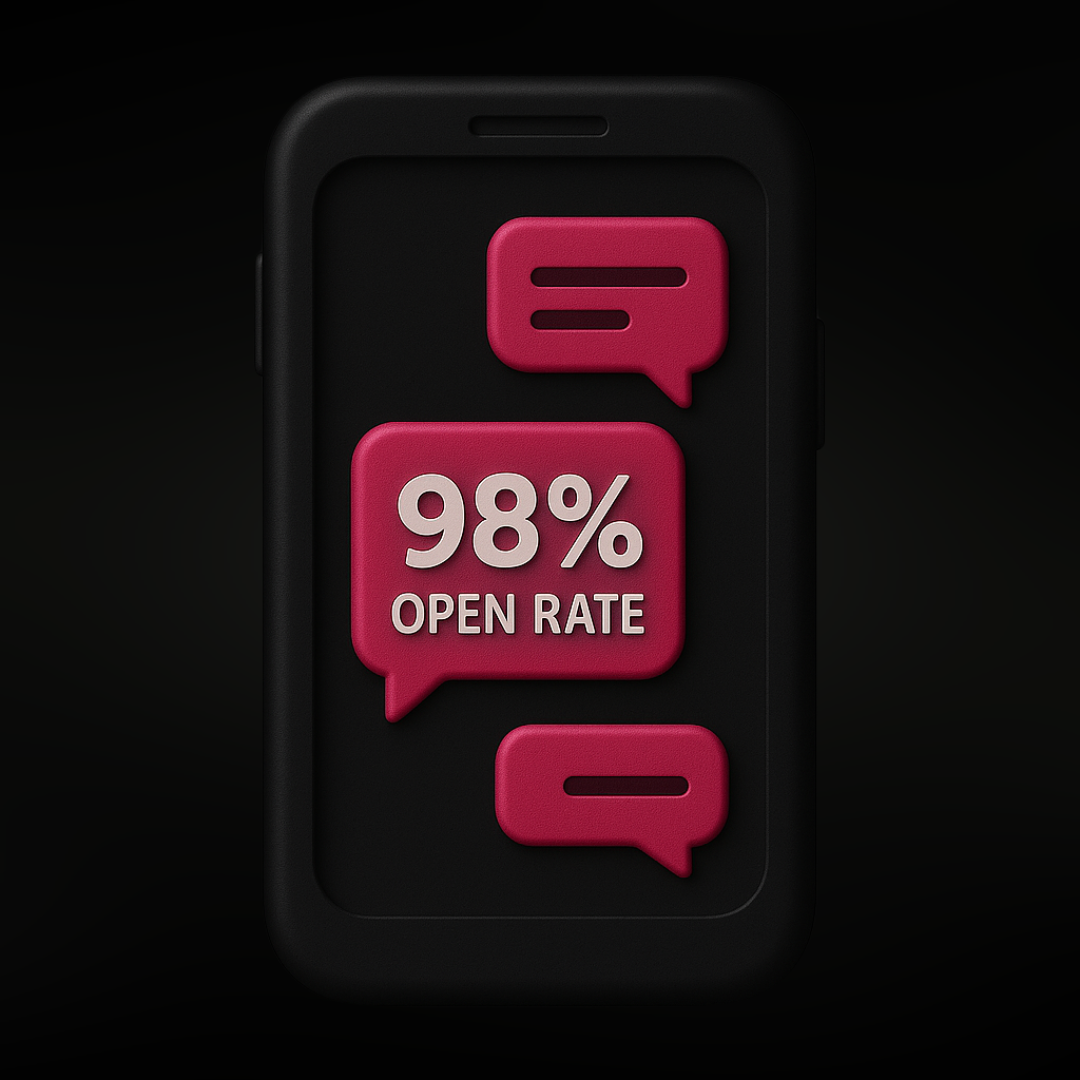When someone Googles your service, it’s like they’ve stepped onto a busy digital street—lined with options. Every business is waving, shouting, offering the deal of the day. But only a few get noticed. Even fewer get the click. And almost none dominate the page.
That’s where SERP comes in.
If SEO is the strategy, SERP is the scoreboard. It shows exactly how, where, and if you're showing up in Google. And here's the truth: it doesn't matter how good your offer is if no one sees it—or worse, they see it and scroll past.
This guide breaks down what SERP is, how it works, and why it should be your next big priority—because if you’re not owning the page, your competitors are.
What Does SERP Mean in SEO?
SERP stands for Search Engine Results Page. It's what shows up after someone types a query into Google.
But here’s the kicker—it’s not just a list of links anymore. A modern SERP is a battlefield filled with:
-
Organic results
-
Paid ads
-
Map listings
-
Featured snippets
-
People Also Ask boxes
-
Image carousels
-
Video previews
-
Review stars
-
Site links
- AI Overviews
Every one of these is real estate, and each one your business owns means one less for your competitors.
"Think of the SERP like shelf space at the supermarket. The brands at eye-level with bright packaging and strong reviews? They sell. Everyone else gathers dust. Same thing on Google."
Why SERP Performance Is More Important Than Ranking #1
Most businesses are chasing that #1 spot like it’s the jackpot. But here's the reality:
-
The #1 organic listing gets around 30% of clicks
-
#2 drops to 15%
-
By #5? You’re looking at less than 5%
After helping hundreds of clients one thing is definitely true, you can outperform the #1 result while sitting in second or third—because we made their listing louder, sharper, and more trustworthy.
Smart SERP strategy beats raw ranking.
It’s not just about “where” you rank, but how you look when you get there:
✓ Do you have review stars?
✓ Are you showing up twice with an FAQ snippet?
✓ Does your listing scream “this is exactly what I need”?
This is SERP performance. It’s what turns impressions into traffic and traffic into customers.
The Anatomy of a SERP (And Where You Need to Show Up)
Here’s what a high-performing SERP presence looks like:
-
Your website in the top organic spots
-
Your business in the Map Pack
-
A featured snippet with a how-to answer or stat
-
FAQ dropdowns from your page
-
Review stars on your product or service
-
A YouTube preview from a 2-minute explainer video
When you show up in 3+ spots for one keyword, the competition barely gets seen, this is one of the biggest keys to dominating your competitors search results.
How to Improve Your SERP Presence (Without Needing Rank #1)
1. Title Tags That Demand Attention
Your title tag is your digital shopfront sign. If it doesn’t stop the scroll, it doesn’t get clicked.
Bad: SEO Services | Your Company
Good: Need More Leads → Local SEO Experts
Tips:
-
Keep it under 50 characters
-
Include the main keyword
-
Lead with the benefit or result
-
Use icons (✓, →, ★) to stand out visually
2. Meta Descriptions That Sell
Your meta description is your 15-second elevator pitch—only it's two lines long and shared with every competitor.
Example:
Book Your Free Strategy Call → Gold Coast SEO Experts ✓ On Page SEO ✓ Off Page SEO ✓ Rank First Online ✓
Best practices:
-
Use keywords and your location
-
Add benefits, not features
-
Include a CTA
-
Make it visual with icons or stars
3. Schema = SEO on Steroids
Schema markup is like handing Google a cheat sheet about your page. It unlocks rich results like:
✓ Review stars
✓ FAQs
✓ Pricing details
✓ Events or product availability
Use tools like Yoast, RankMath, or Google’s Rich Results Test. You’re not just trying to be on the page. You’re trying to own it.
4. Show Up in the Google Map Pack
If you’re a local business, this is prime digital real estate. 40% of mobile searchers don’t even scroll past the map pack.
To get listed:
-
Optimise your Google Business Profile weekly
-
Add categories, services, and fresh updates
-
Collect and respond to reviews
-
Link to local landing pages on your website
Map result + organic result = twice the visibility = double the clicks.
5. FAQ Schema = More Real Estate
Add 2–4 FAQs at the bottom of your key service pages. Use conversational questions—think “Can I rank on Google without SEO?” or “What’s a good CTR for Google Ads?”
Add schema and now you’re showing up:
-
In People Also Ask dropdowns
-
With expanded listings
-
Sometimes twice on the same page
6. Speed + Mobile UX = SERP Staying Power
Getting the click is one thing. Keeping the user? That’s the next battle.
-
Run your site through PageSpeed Insights
-
Optimise images and remove unused scripts
-
Make your site mobile-first with scroll-friendly content and large tap targets
-
Put your CTA above the fold—don’t make them hunt
A slow, clunky experience tanks engagement—and Google notices.
7. Use Reviews to Earn Trust at a Glance
A ★★★★★ listing grabs the eye instantly. It tells searchers, “People trust this business.”
-
Add review schema to product and service pages
-
Use tools like Judge.me, Trustindex, or embed Google reviews
-
Keep reviews recent and keyword-rich
You don’t just want reviews. You want the stars to show up where it counts.
How This Connects to Your Entire Marketing Strategy
Great SERP performance makes everything else in your marketing work harder:
✓ SEO gets you seen
✓ Schema earns more space
✓ Copywriting turns that space into clicks
✓ Fast UX keeps people on your site
✓ Reviews and local SEO multiply trust
This isn’t about tricks—it’s about building trust before the first click. The more complete and compelling your presence, the more leads come your way.
Frequently Asked Questions About SERP
Do I need to rank #1 to win on Google?
No. A killer listing at #3 with schema, stars, and a killer headline often gets more clicks than the boring #1 spot.
Why does my page rank but get no traffic?
Because your listing isn’t earning the click. Add schema, rewrite your title, or refresh the meta.
What’s the biggest mistake people make with SERP?
Thinking rank is the finish line. It’s not. The click is.
Can I show up more than once in the same search?
Absolutely. That’s the goal. Organic + FAQ + Map + Reviews = dominance.
What’s a good CTR for top rankings?
5–10%+ depending on niche. Below that? You’ve got a messaging or trust problem.
Key Summary: What You Need to Win on the SERP
✅ SERP = Google real estate. You need to own space, not just chase rank.
✅ Strong listings drive clicks, trust, and conversions—before they land on your site.
✅ Schema, stars, and smart copy make your result unmissable.
✅ Local businesses must own the map + organic combo.
✅ SERP performance = higher ROI across every other marketing channel.
Ready to Make Google Your Best Salesperson?
Your competitors are ranking. But are they winning the click?
Contact Us → Let’s turn your listings into lead magnets and make your business the only obvious choice on the page.






Share:
How To Find Content Gaps for Faster SEO Results
Are SMS Campaigns Worth Doing?